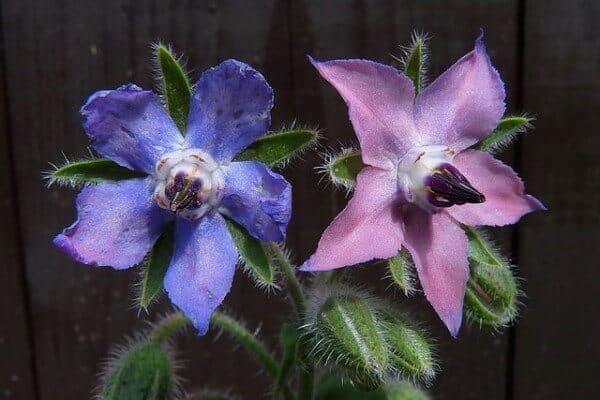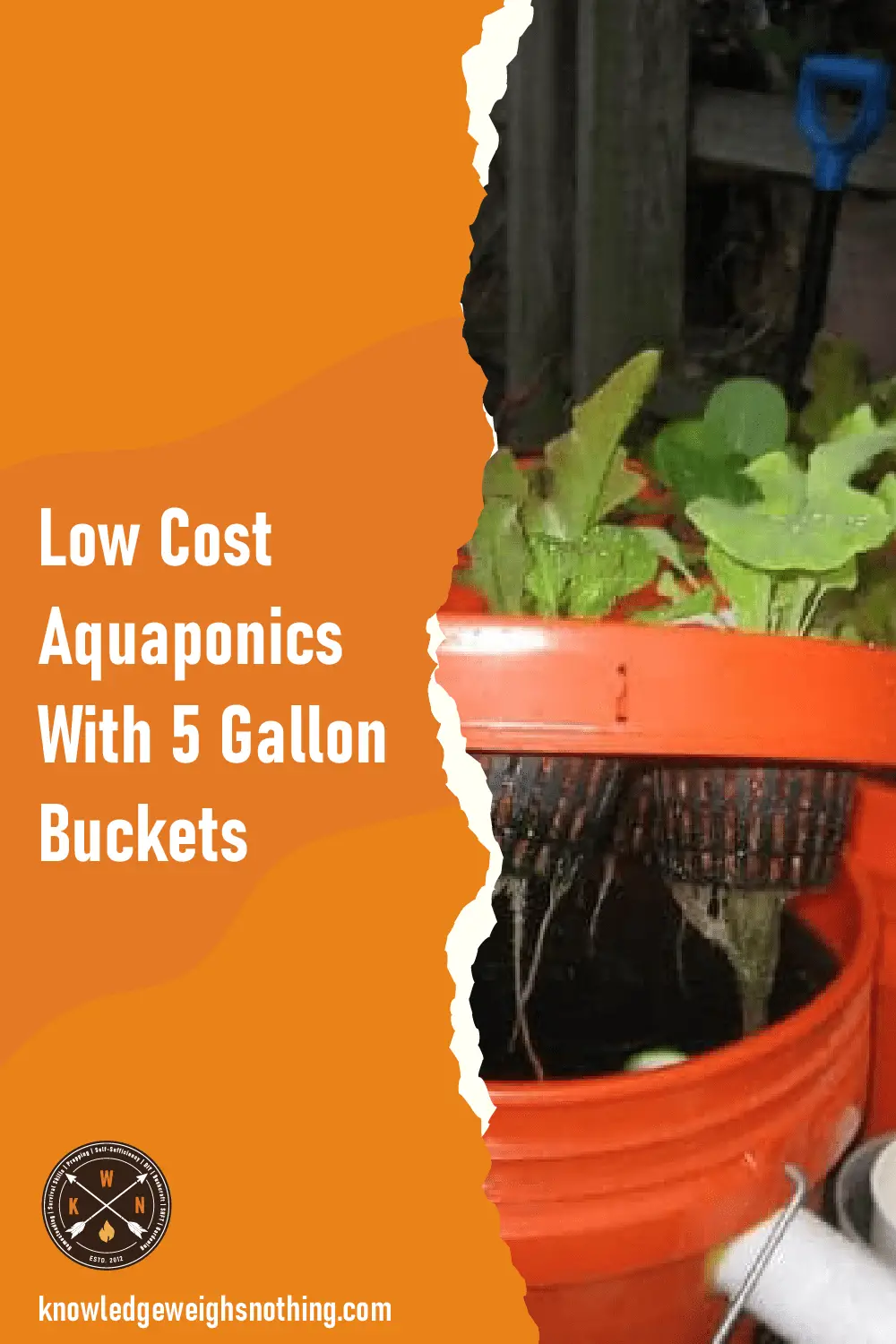Regardless of how much you plan and protect, there are many pests capable of infiltrating your garden and ruining the quality and fruit of your plants. Although there are many synthetic treatments designed to thwart damaging pests, these products introduce toxic chemicals into the very core of your plants. If you’re searching for a way to naturally inhibit the proliferation of beetles, mites and other pests, then your solution may be as simple as planting a companion plant alongside primary plants.
The following 10 companion plants feature various natural compounds and enzymes studied for its ability to thwart the ravages of insects and other various plant pests.
10 Companion Plants – Natural and Beautiful Protection
Companion #1 | Basil for Tomato Plant Protection
Basil perhaps one of the most popular companion plants used to deter whiteflies, spider mites and various aphids known to destroy the quality and yield of tomato plants. Gardening experts suggest planting basil around young tomato plants thwarts a variety of pests, specifically hornworm moths.
Companion #2 | Dill for Cabbage and Cole Crops
Dill is known to naturally deter various pests, such as squash bug and cabbageworms, from infiltrating your crops. It’s believed the potent oils produced by dill plants may also repel a variety of other insects by masking the scent of your primary plants.
Companion #3 | Onions for Lettuce, Blueberries, Roses and Raspberries
The bold odor associated with onions is known to deter the proliferation of aphids among many susceptible crops. Plant onions throughout your garden to extend protection into all of your viable crops.
Companion #4 | Garlic for Susceptible Crops
The strong scent produced by garlic plants is a known deterrent for a variety of aphids known to afflict a variety of crops. The use of garlic plants to thwart spider mites away from perennials is a time-honored approach for natural pest control. Plant garlic sporadically throughout your garden for far-reaching protection.
Companion #5 | Catnip for Full Garden Protection
A member of the mint family, gardening experts suggest planting catnip between plants that are susceptible to beetles. Planting catnip between rows offers continuous protection, which can mean the difference between a full yield and one ravished by the damage caused by hungry and persistent beetles.
Companion #6 | Marigolds for Tomato and Fruiting Plants
It’s believed the beautiful marigold plant, specifically African Marigolds, mask the scent of your primary plants, which inhibits pests, such as hornworms, from locating your vulnerable plants. Gardening experts suggest planting marigolds between plants to maximize its protective abilities.
Companion #7 | Lavender for Leafy Crops
Not only does lavender produce high-quality essential oils for medicinal purposes, but when planted among leafy crops, such as lettuce, its heavily scented structure deters the onset of aphids and whiteflies.
Companion #8 | Castor Oil Plants for Mole Prevention
Although castor oil plants should be grown with extreme care as the entire plant is highly toxic to animals and humans, when planted along the border of your garden, its unique compounds prevent moles, voles and other pests from making home in your garden. Its potential is so powerful, many commercially-produced mole/vole deterrents use castor oil as a primary ingredient.
Companion #9 | Borage for Tomato and Cole Crops
Used by gardeners for hundreds of years, this beautiful plant discourages the onset of cabbageworms and hornworms. Not only is this plant easily grown from seeds, but its unique structure is an excellent source of nourishment for Honey bees and other pollinators.
Companion #10 | Tansy for Japanese Beetle Prevention
A Japanese Beetle infestation can destroy the quality and health of an entire garden. Therefore, to ensure your plants remain healthy, gardening experts suggest planting Tansy throughout your garden; specifically among plants more susceptible to Japanese beetles. It’s suggested the strong scent produced by the Tansy plant confuses these beetles, which prevents them from locating the primary host plant.






